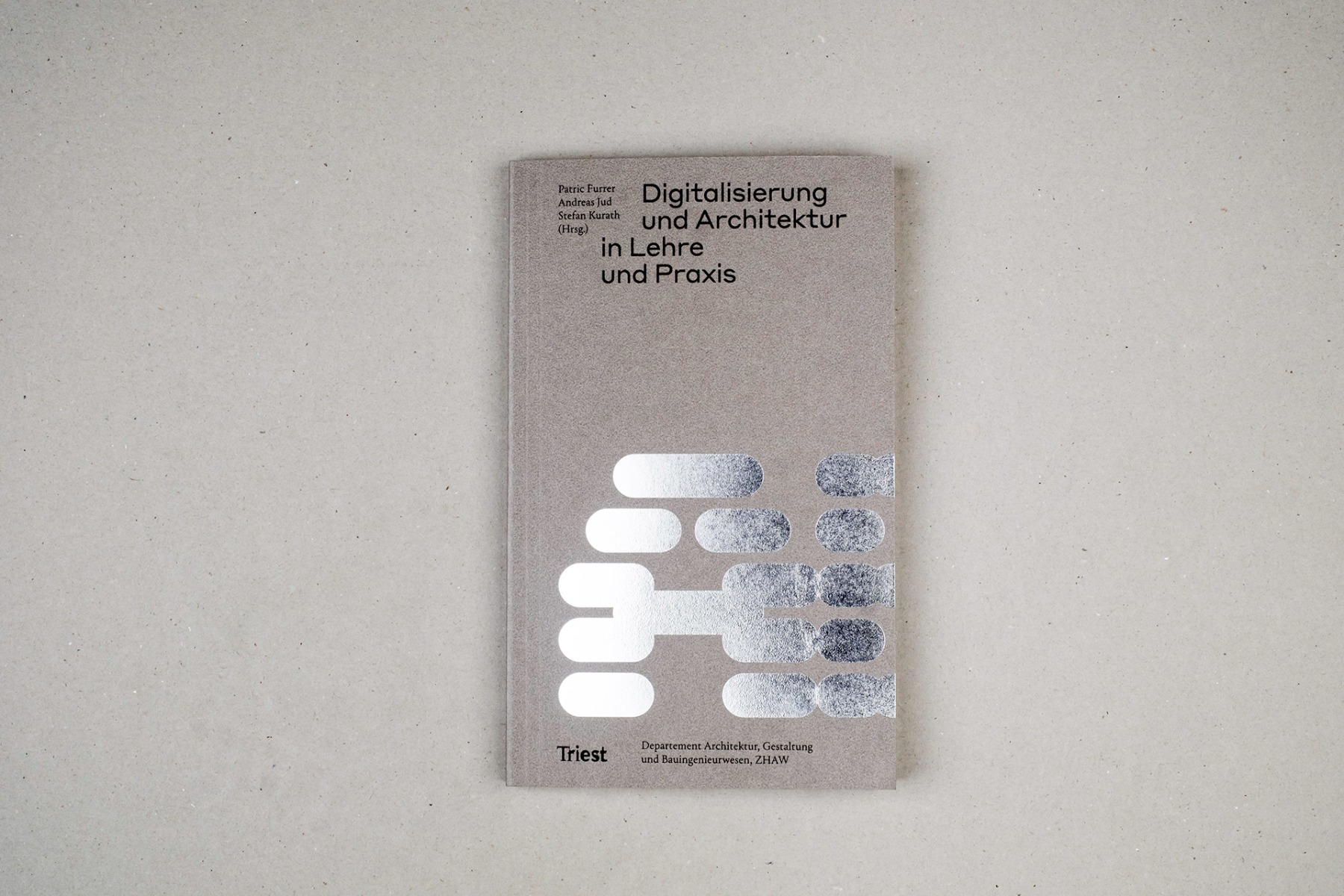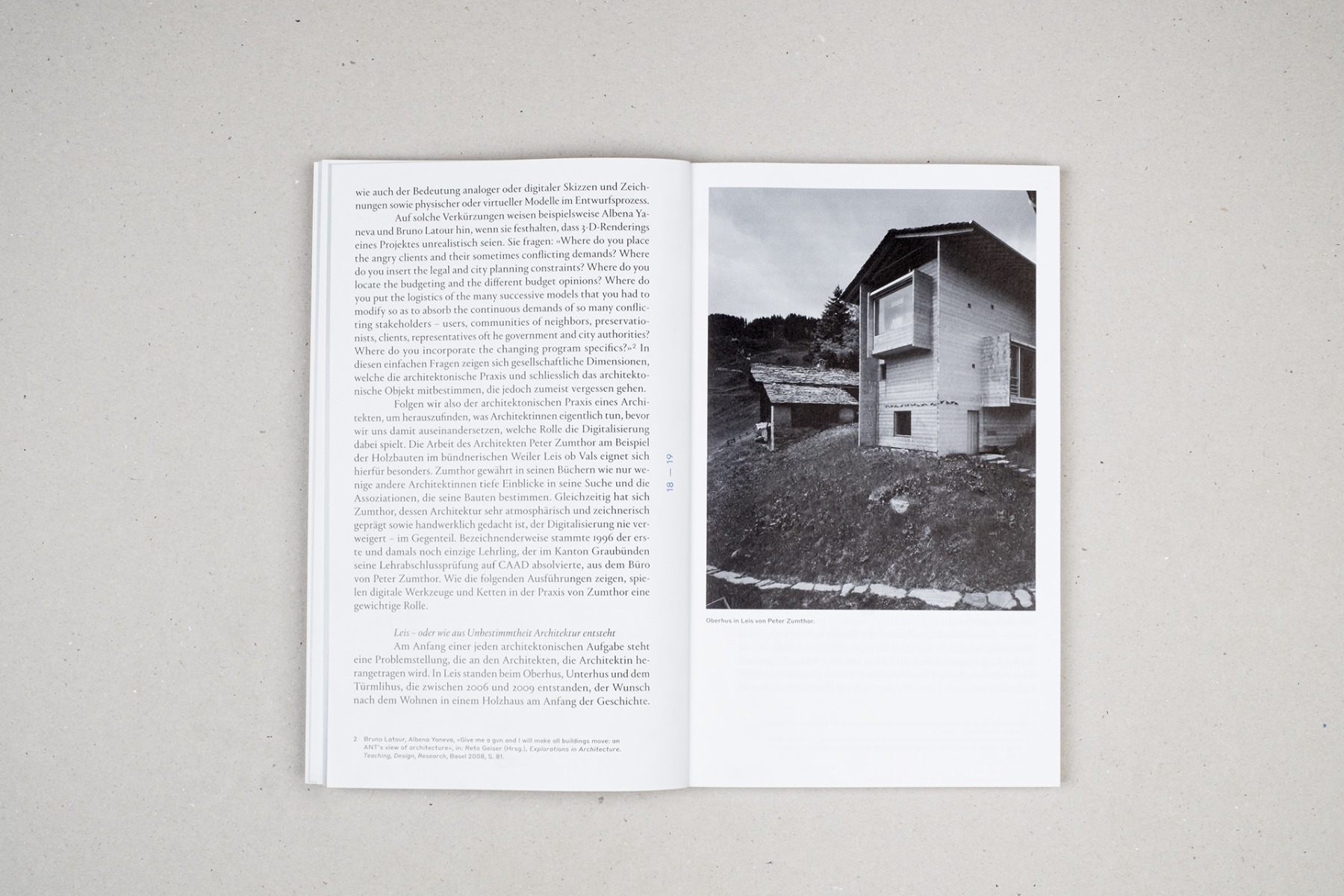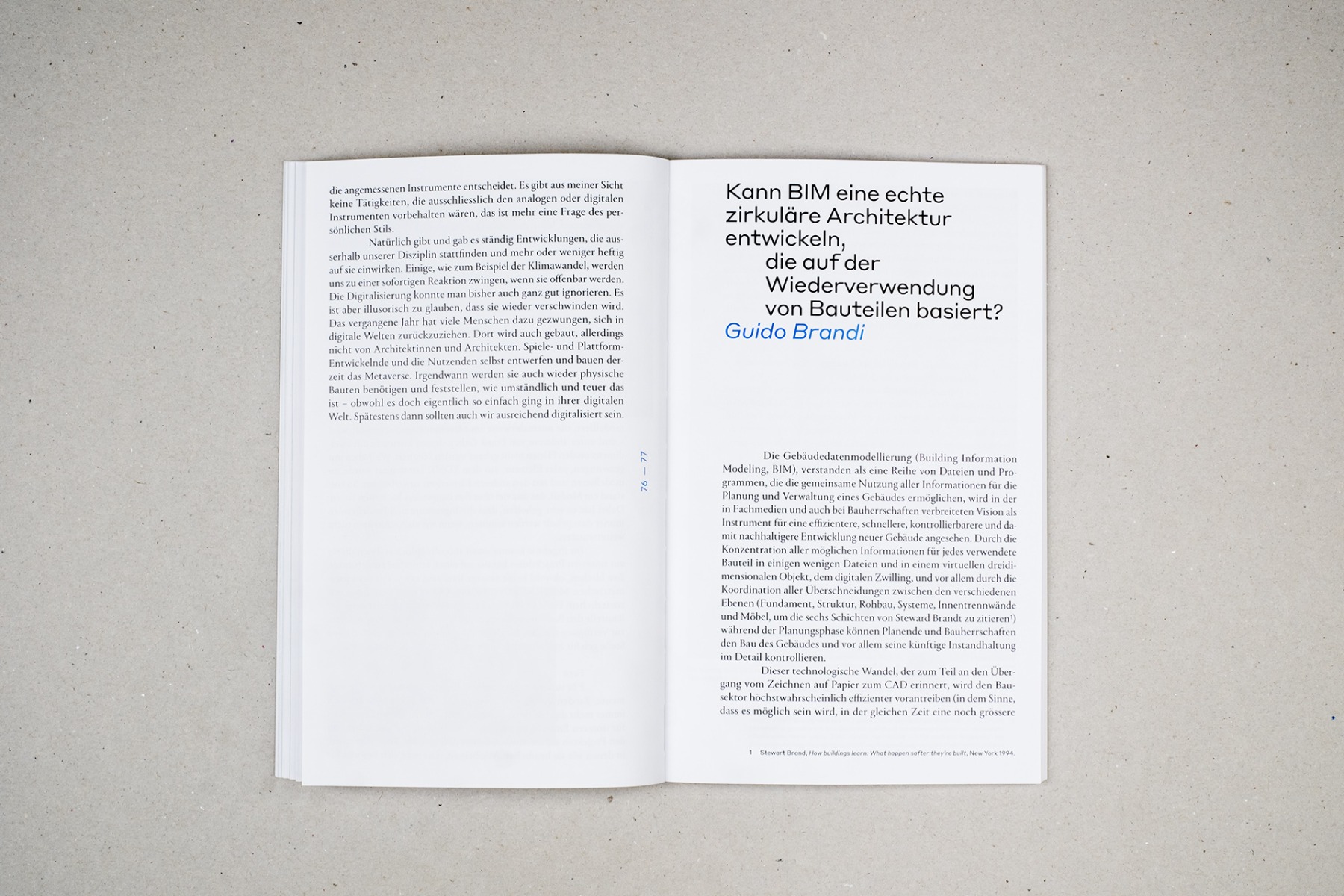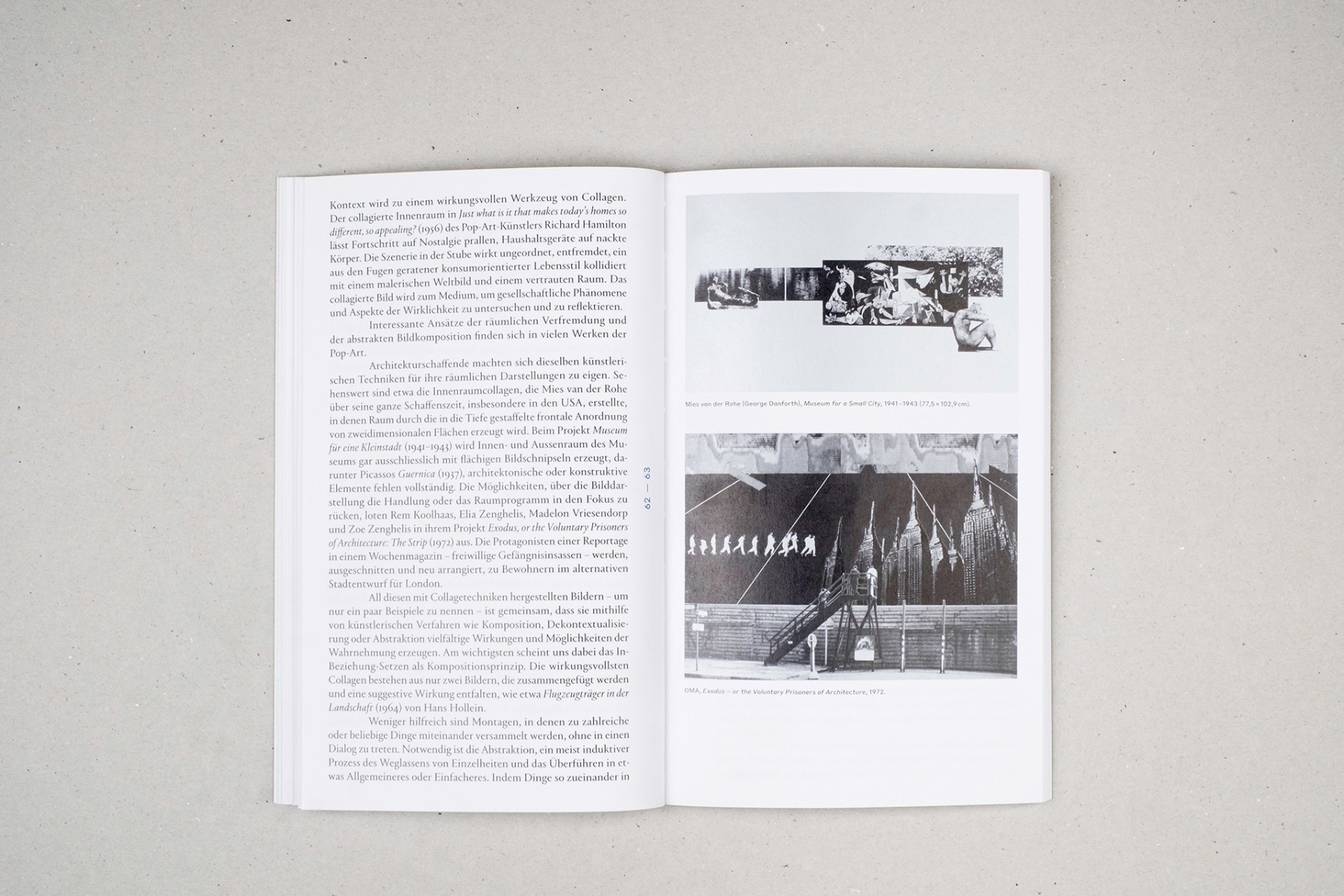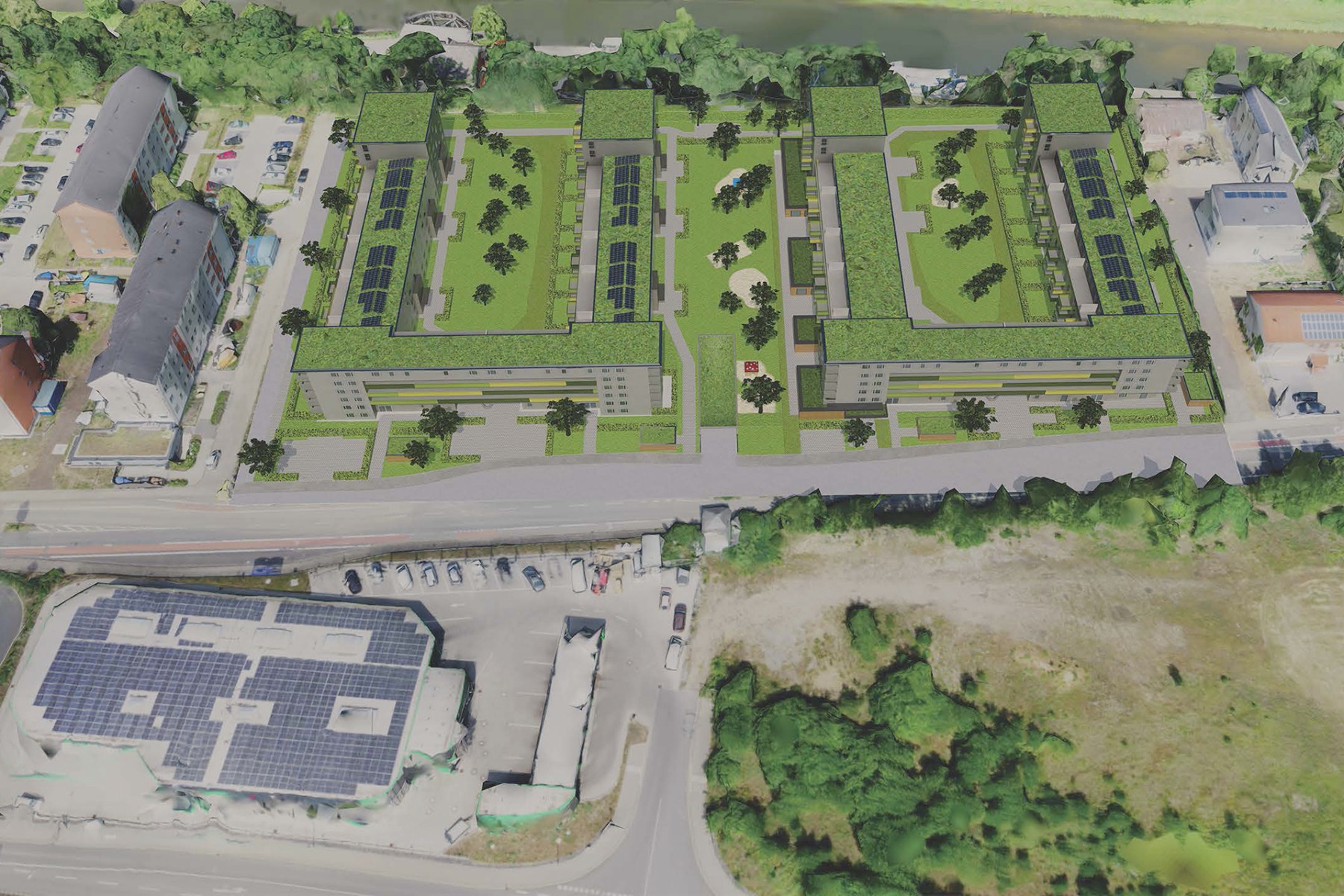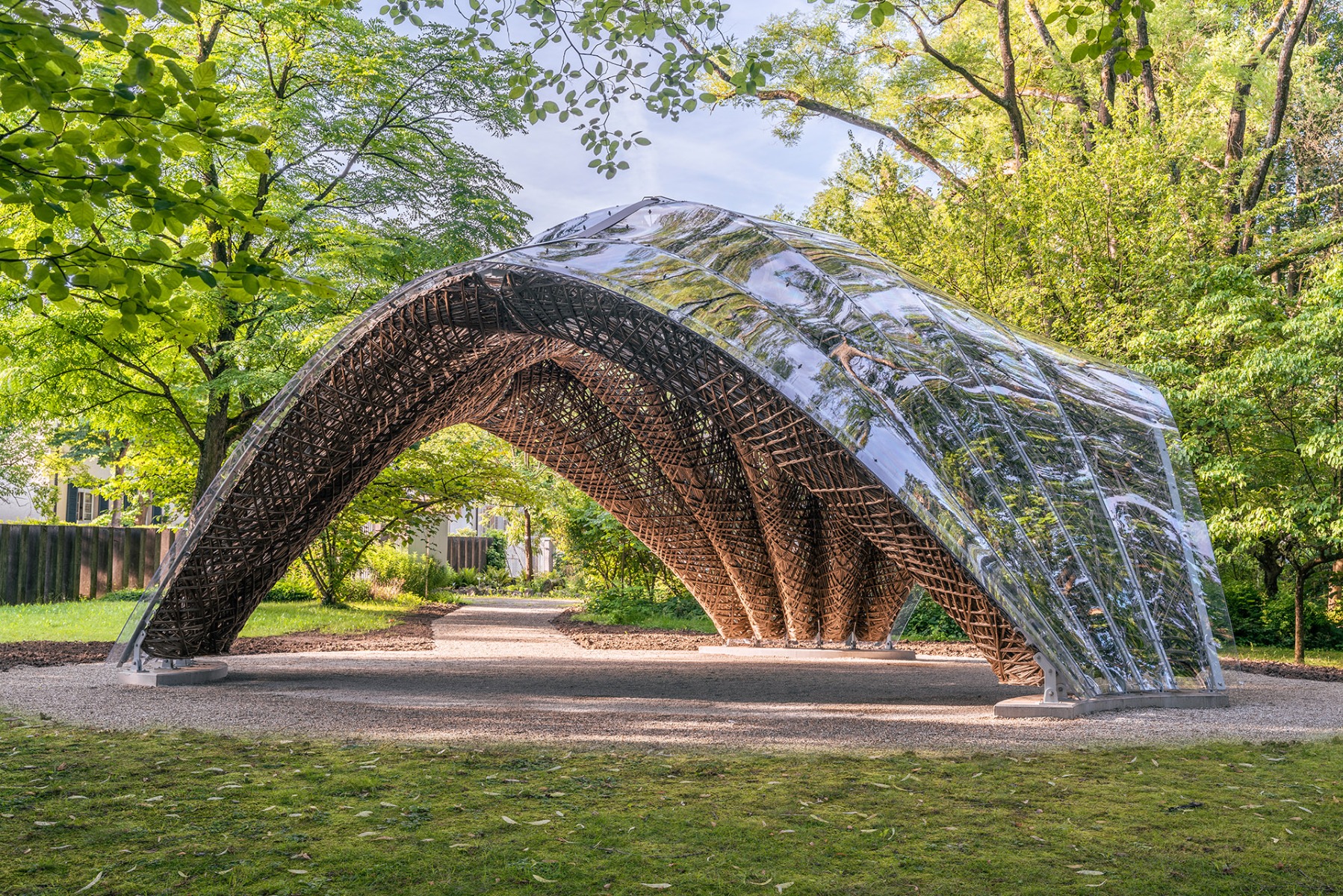The theory of digitisation
Digitisation and Architecture in Teaching and Practice
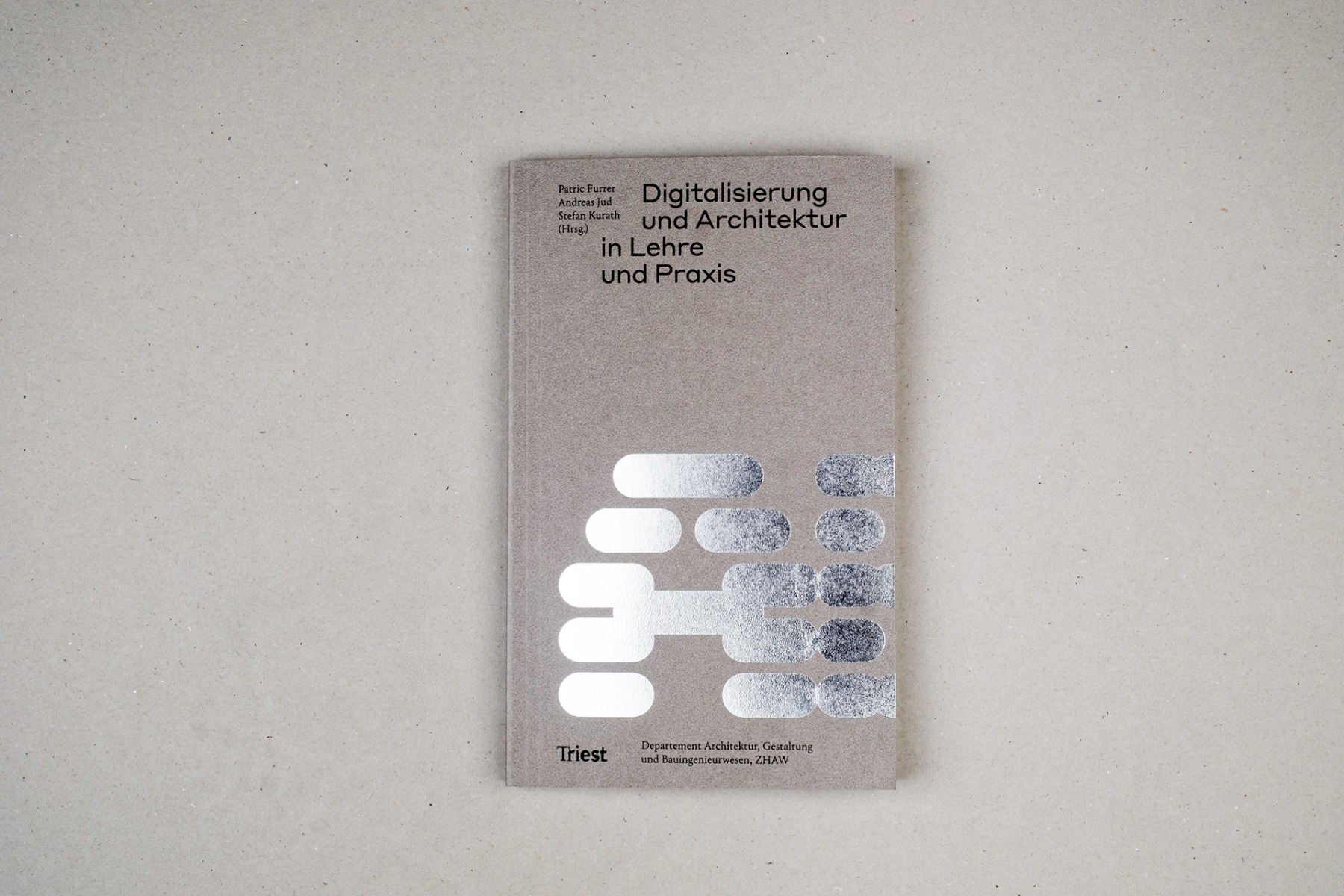
© Triest
Lorem Ipsum: Zwischenüberschrift
Over the past few years, digitisation in the building sector has mainly been examined from the technical perspective and accordingly dealt with on a pragmatic basis. An anthology compiled by three architects teaching at the Zurich University of Applied Sciences (ZHAW) now takes things further by focusing on the cultural dimension of new design processes and how the analogue and digital spheres have come to intermesh in the meantime. Patric Furrer, Andreas Jud and Stefan Kurath have brought together some two dozen colleagues (Guido Brandi, Oya Atalay Franck, Patric Furrer, Andri Gerber, Rolf Jenni, David Jenny, Andreas Jud, Philippe Koch, Stefan Kurath, Steffen Lemmerzahl, Valentin Loewensberg, Michael Mieskes, Simon Mühlebach, Holger Schurk, Eberhard Tröger, Urs Primas, and Tom Weiss) for a discourse on digitisation.


© Triest
Lorem Ipsum: Zwischenüberschrift
In a pleasantly differentiated way, this concerns the overlapping of the digital and analogue spheres and their (conceptual) discrepancies. Michael Mieskes, for example, rightly notes that digital and analogue design processes are becoming increasingly entwined, forming "synthetic experiences". His call to "make the particular characteristics of a digitally generated space resonate" is noteworthy. Opinions such as these enrich technical discussion of the opportunities and possibilities of digital production beyond all buzzwords like BIM, and technical tools.


© Triest
Lorem Ipsum: Zwischenüberschrift
Following deliberate intellectual-historical contextualisation, the contributors show how new methods and data models are affecting the practice of architecture; here again the focus is not on how-to-do instructions but on critical reflection. In this respect Urs Primas writes that tools are always only as good as the questions behind them, and calls for "an appropriate assessment of urban reality". Holger Schurk, on the other hand, praises the "low-threshold accessibility" of analogue models in that they often drive productivity. And Rolf Jenni and Tom Weiss see the real potential of pictures and collages in the questioning of "social phenomena".


© Triest
Lorem Ipsum: Zwischenüberschrift
Finally the anthology concerns itself with (modified) education in a digital context. Oya Atalay Franck wonders how teaching is changing – and shows that the "processing of knowledge is on the verge of bursting beyond its usual boundaries in the direction of fundamental and irreversible change." She points out that even if teaching and above all designing are still characterized by "a physical dialogue between teachers and the taught", there is a chance of a "higher level of technical and perhaps also civilizational development". Indeed, digital possibilities are expanding traditional methods of storing and imparting knowledge. She sees the promises of "new learning" openly, and the future as a mix of the two worlds. And that, realistically seen, no more can be said in this regard. All in all, the anthology shows the (conceptual) world of construction in the midst of change.
KONTAKTFORMULAR / DATEN - NUR ADVERTORIAL - Wird noch hinzugefügt @ Daniel
Further information:
Furrer / Jud / Kurath
Digitalisierung und Architektur in Lehre und Praxis
Triest Verlag. 2022.
Produktkategorie: Z
